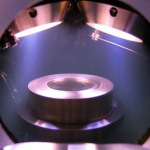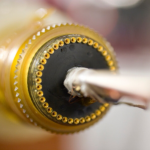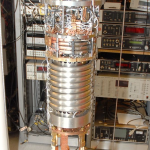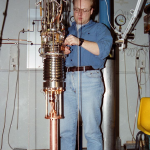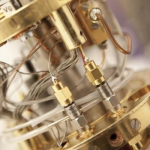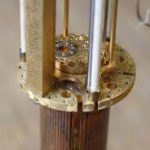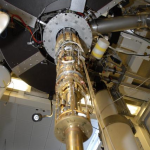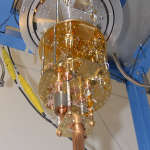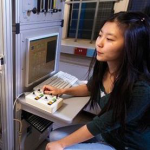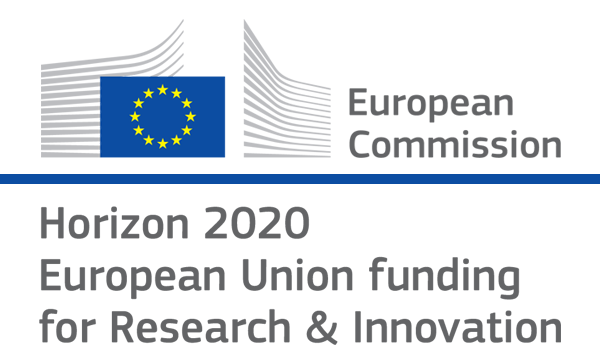

- Photon Transport in a Bose-Hubbard Chain of Superconducting Artificial Atoms
G. P. Fedorov et al., Phys. Rev. Lett. 126, 180503 (2021) - Path-Dependent Supercooling of the
He3 Superfluid A-B Transition
Dmytro Lotnyk et al., Phys. Rev. Lett. 126, 215301 (2021) - Superconductivity in an extreme strange metal
D. H. Nguyen et al., Nat Commun 12, 4341 (2021) - High-Q Silicon Nitride Drum Resonators Strongly Coupled to Gates
Xin Zhou et al., Nano Lett. 21, 5738-5744 (2021) - Measurement of the 229Th isomer energy with a magnetic micro-calorimeter
T. Sikorsky et al., Phys. Rev. Lett. 125 (2020) 142503
High-Performance Cryogen-Free Platform for Microkelvin-Range Refrigeration
J. Nyéki, M. Lucas, P. Knappová, L.V. Levitin, A. Casey, J. Saunders, H. van der Vliet, A.J. MatthewsImproved accessibility to the microkelvin temperature regime is important for future research in quantum materials, for quantum information science, and for applications of quantum sensors. Here, we report the design and performance of a microkelvin platform based on a nuclear-demagnetization stage, engineered and well optimized for operation on a standard cryogen-free dilution refrigerator. PrNi5 is used as the dominant refrigerant. The platform provides a large area for mounting experiments in an ultralow-temperature low-electromagnetic-noise environment. The performance is characterized using current-sensing noise thermometry. Temperatures as low as 395μK are reached and a protocol is established in which it is possible to operate experiments below 1 mK for 95% of the time, providing an efficient cryogen-free microkelvin environment for a wide range of science applications.
Phys. Rev. Applied 18, L041002 (2022)
doi: 10.1103/PhysRevApplied.18.L041002
arxiv: https://arxiv.org/abs/2209.07903
